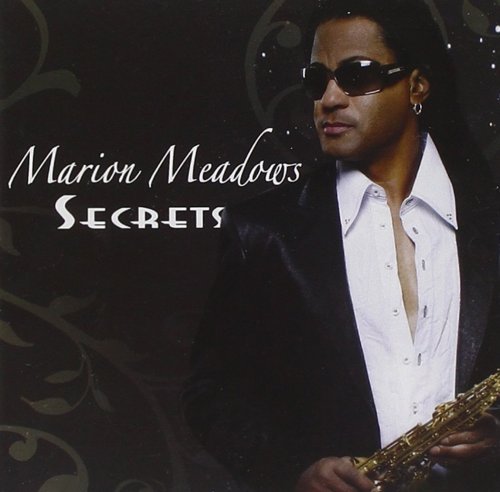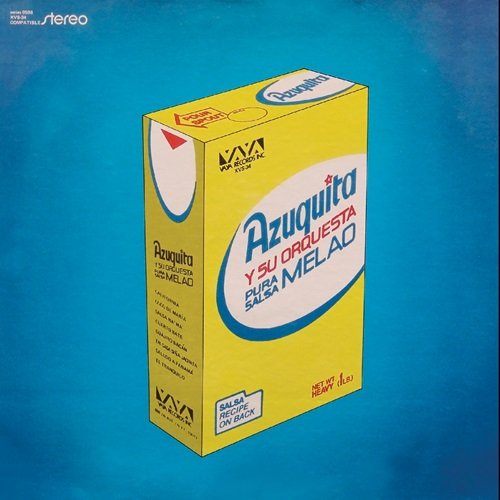Marion Meadows - Secrets (2009) FLAC

Artist: Marion Meadows
Title: Secrets
Year Of Release: 2009
Label: Heads Up Records
Genre: Smooth Jazz
Quality: FLAC (tracks+.cue)
Total Time: 59:24
Total Size: 384 mb
WebSite: Album Preview
Tracklist:Title: Secrets
Year Of Release: 2009
Label: Heads Up Records
Genre: Smooth Jazz
Quality: FLAC (tracks+.cue)
Total Time: 59:24
Total Size: 384 mb
WebSite: Album Preview
01. Secrets (04:18)
02. Let The Top Down (04:02)
03. You Lift My Heart (05:54)
04. Soul Sugar (04:03)
05. The Child In Me (04:07)
06. Sand Dancers (04:52)
07. Playtime (05:05)
08. Flirt (04:20)
09. Friends (04:54)
10. Urban Angels (05:14)
11. The Shade Tree (05:57)
12. Here To Stay (06:32)
Marion Meadows has the talent and the chops to record a truly great album of improvisatory jazz, be it fusion, post-bop, hard bop, cool jazz, or soul-jazz. The soprano saxophonist did, after all, receive his education in jazz from heavyweights like Eddie Daniels, Norman Connors, and the late Joe Henderson. But regrettably, Meadows has spent most of his career catering to smooth jazz stations and offering lightweight background music. Secrets, like so many formulaic smooth sax albums, has a strong Grover Washington, Jr. influence but generally lacks Washington's grit, edginess, or sense of adventure. There have been numerous Washington disciples in smooth jazz (from Najee to Dave Koz to Kenny G to the late George Howard), and most of them have played it much, much safer than their idol -- which is what Meadows does most of the time on Secrets. Overall, this 2009 release is a decidedly conservative affair from Meadows, who plays mostly soprano sax but gets in some tenor sax and clarinet as well. But Secrets does have its moments. This CD contains a memorable version of Pat Metheny's Brazilian-influenced "Here to Stay," and "The Shade Tree" (which is one of Secrets' vocal offerings) has an appealing, Michael Franks-ish quality. Also enjoyable is the Latin-tinged "Sand Dancers." So even though Secrets favors a by-the-book approach most of the time, Meadows occasionally lets loose and gambles with inspiration. One wishes, however, that he did it a lot more often. Secrets will probably be well received by the smooth jazz program directors that Meadows is going after, but he is capable of so much more.

![Amal Murkus, Alessandro Sgobbio - تنفُّس Breathing (2026) [Hi-Res] Amal Murkus, Alessandro Sgobbio - تنفُّس Breathing (2026) [Hi-Res]](https://img.israbox.com/img/2026-02/12/9poaluplwioed8qjbmjfl2ajb.jpg)

![Django Festival Allstars - Evolution (2026) [Hi-Res] Django Festival Allstars - Evolution (2026) [Hi-Res]](https://www.dibpic.com/uploads/posts/2026-02/1770746426_folder.jpg)

![Marcela Arroyo & Quique Sinesi - Reflejos (2026) [Hi-Res] Marcela Arroyo & Quique Sinesi - Reflejos (2026) [Hi-Res]](https://www.dibpic.com/uploads/posts/2026-02/1770728206_folder.jpg)


